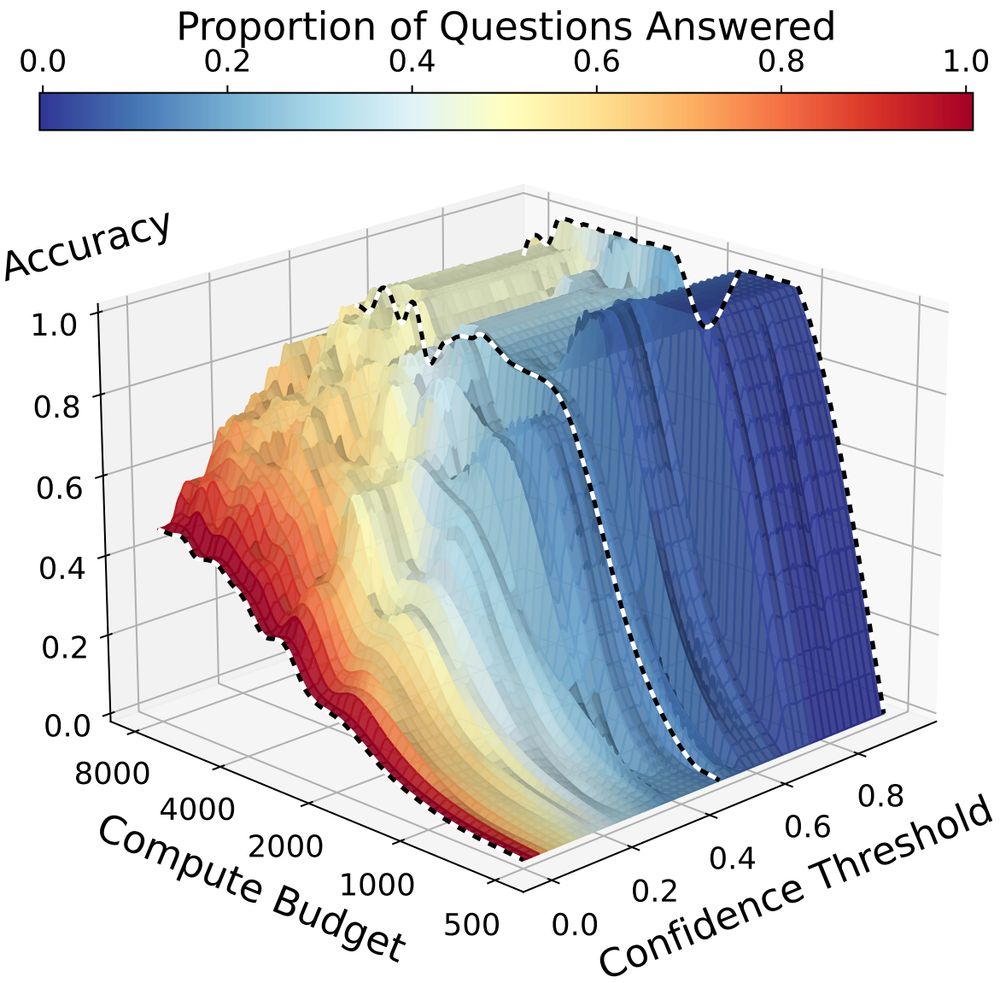William Jurayj
@williamjurayj.bsky.social
420 followers
220 following
14 posts
PhD student at Johns Hopkins CLSP (@jhuclsp.bsky.social).
Researching natural and formal language processing.
williamjurayj.com
Posts
Media
Videos
Starter Packs
Pinned
Reposted by William Jurayj
William Jurayj
@williamjurayj.bsky.social
· Feb 20
William Jurayj
@williamjurayj.bsky.social
· Feb 20
William Jurayj
@williamjurayj.bsky.social
· Dec 31

Perceiver-Actor: A Multi-Task Transformer for Robotic Manipulation
Transformers have revolutionized vision and natural language processing with their ability to scale with large datasets. But in robotic manipulation, data is both limited and expensive. Can manipulati...
arxiv.org
William Jurayj
@williamjurayj.bsky.social
· Nov 27
William Jurayj
@williamjurayj.bsky.social
· Nov 27
William Jurayj
@williamjurayj.bsky.social
· Nov 27
William Jurayj
@williamjurayj.bsky.social
· Nov 25
William Jurayj
@williamjurayj.bsky.social
· Nov 25
William Jurayj
@williamjurayj.bsky.social
· Nov 25
Reposted by William Jurayj
Marc Marone
@marcmarone.com
· Nov 23




